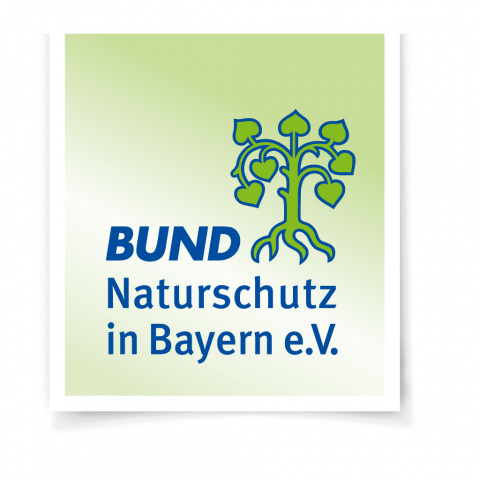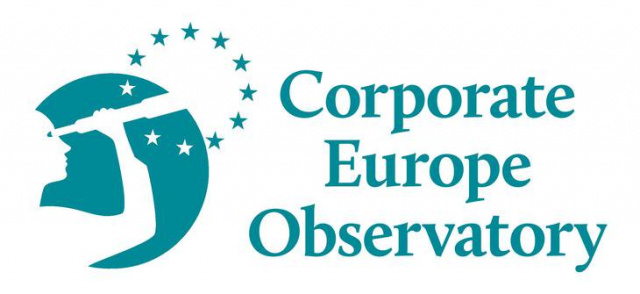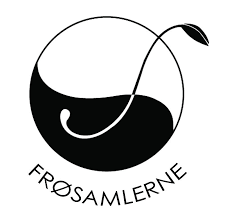21 July 2010 / "If patents on broccoli and tomatoes are not banned, the floodgates will open wide," said Christoph Then, Greenpeace's expert on patents. "A handful of agrobusinesses and food corporations can have control in future over all food production, increasing dependency and raising prices for farmers and consumers. The sell-off of the natural basis of life can be stopped now only through new patent laws." The alliance has already gathered 100,000 signatures from citizens supporting a legal ban on patents for seeds, plants and animals. The English biotech company Plant Bioscience Limited has held a patent since 2002 on broccoli with a high content of glucosinolates. These bitter-tasting components lend broccoli its typical flavour and are also supposed to be anti-carcinogenic. Two agrobusinesses filed an opposition at the EPO against the patent on this lucrative broccoli. Another opposition has been filed against the patent on the so-called wrinkled tomato; this patent covers the breeding and marketing of a tomato with low water content which is easy to process industrially. However, the EPO in May 2010 confirmed a patent on sunflowers which encompasses seeds, the plant and patent protection for sunflower oil. "Limits have to be set at last for the EPO", said Bell Batta Torheim from the Development Fund, an environmental and development organisation. "An office that plays by its own rules and is financed by patent fees will in case of doubt confirm any patent. No-patents-on-seeds has been informing the public of scandalous patents granted by the EPO for several years. European patent laws must be amended so that this kind of patenting finally stops." The governments of Germany and the Netherlands have announced that they will do all they can in Brussels to see through more stringent European laws on patents. No-patents-on-seeds is calling for a ban on patents for seeds, plants, animals, their genes and breeding material.
Protest action at the European Patent Office in Munich on patents for food













